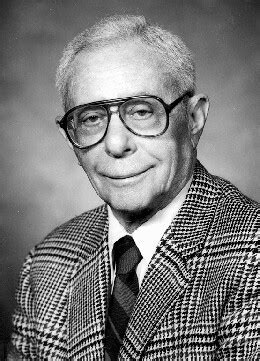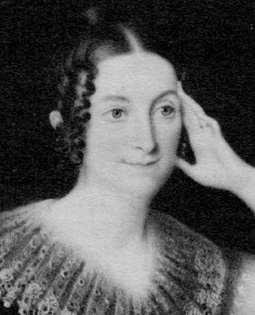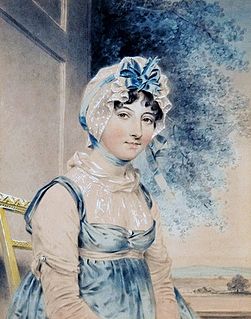A Quote by Thomas Jefferson
Perseverance in object, though not by the most direct way, is often more laudable than perpetual changes, as often as the object shifts light.
Related Quotes
The question so often asked of modern painting, "What is it?", contains more than the dull skepticism of the man who is not going to have the wool pulled over his eyes. It speaks of a fundamental placement in relation to the work, that of a voyager in the world coming upon a strange object. The reader reconstitutes the work by his active participation, by approaching the object, tapping it, shaking it, holding it to his ear to hear the roaring within. It is characteristic of the object that it does not declare itself all at once, in a rush of pleasant naïveté.
All that is limited by form, semblance, sound, color is called object. Among them all, man alone is more than an object. Though, like objects, he has form and semblance, He is not limited to form. He is more. He can attain to formlessness. When he is beyond form and semblance, beyond "this" and "that," where is the comparison with another object? Where is the conflict? What can stand in his way? He will rest in his eternal place which is no-place. He will be hidden in his own unfathomable secret. His nature sinks to its root in the One. His vitality, his power hide in secret Tao.
Life has, indeed, many ills, but the mind that views every object in its most cheering aspect, and every doubtful dispensation as replete with latent good, bears within itself a powerful and perpetual antidote. The gloomy soul aggravates misfortune, while a cheerful smile often dispels those mists that portend a storm.
What you want will pull like a magnet. Here's the other part. What for? Purpose is stronger than object. It's the 'What for?' that's even more powerful than the object. And the more you can describe in detail to stir the emotion and the intellect and the spirit and the soul, then the more powerful the 'what for' is.
I can only speak for myself but for me imagination and invention cannot generate something more important, more beautiful and more terrifying than the common object, amplified by the attention that we give it. An object alone, in front of me who is alone, exactly in front of me just as I would like to have in front of me someone who really interests me, in a good light to better observe it.

































